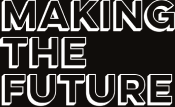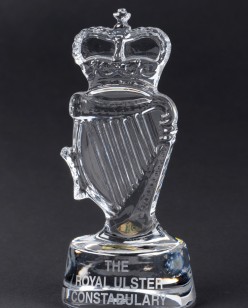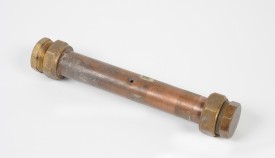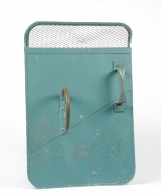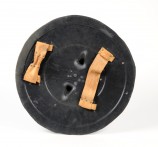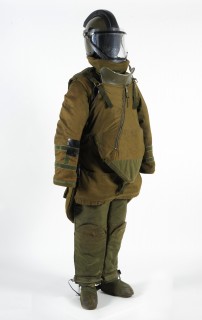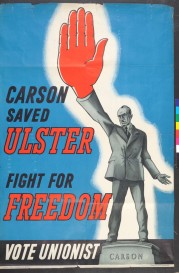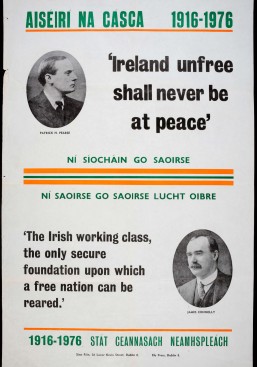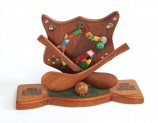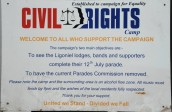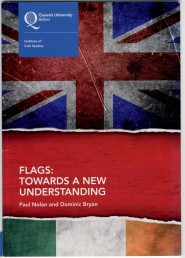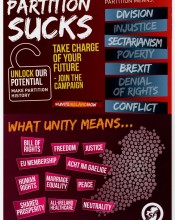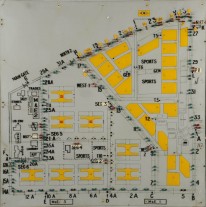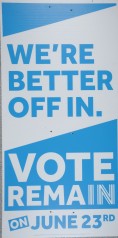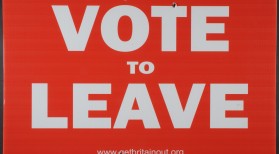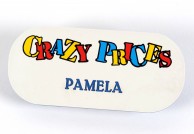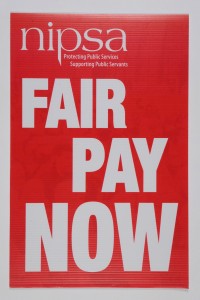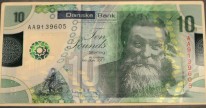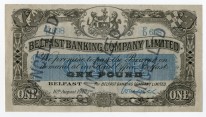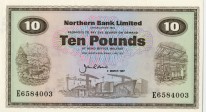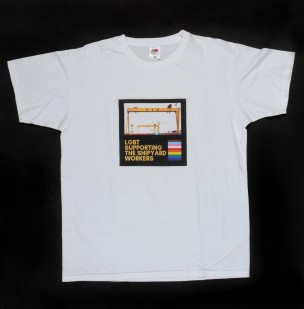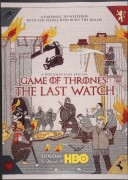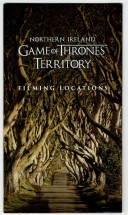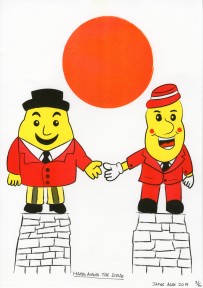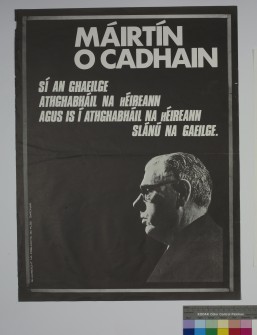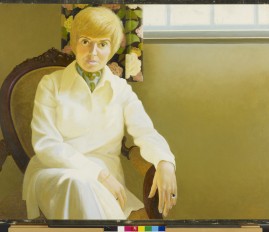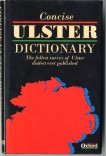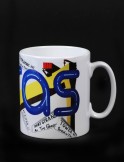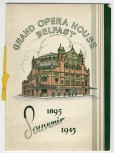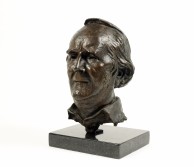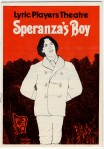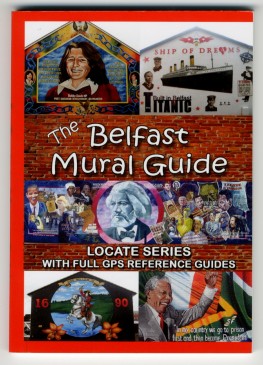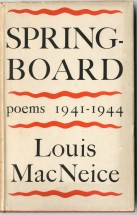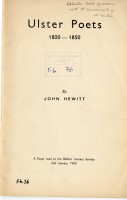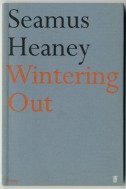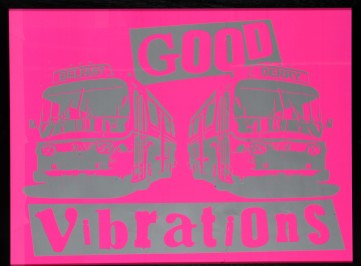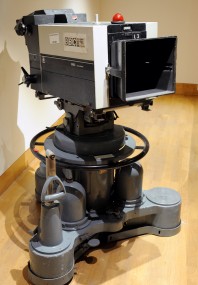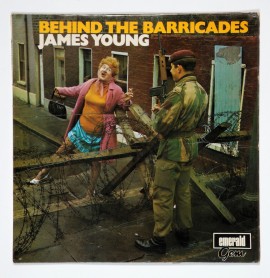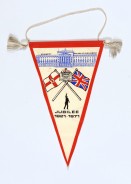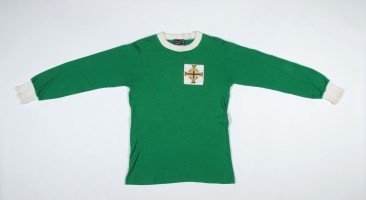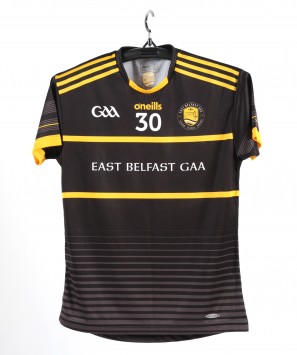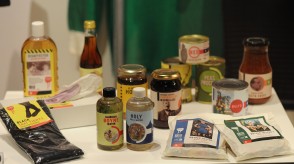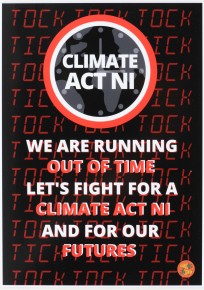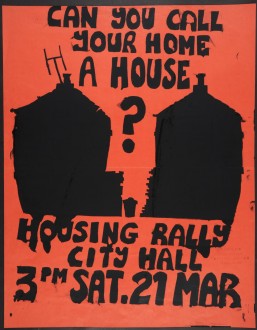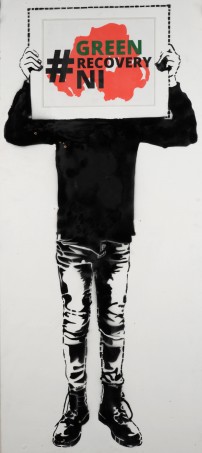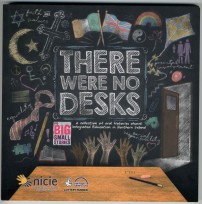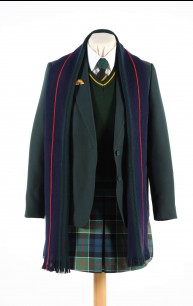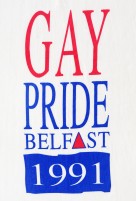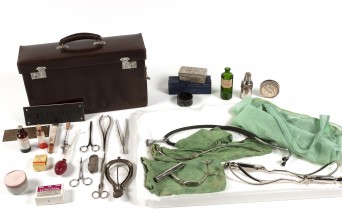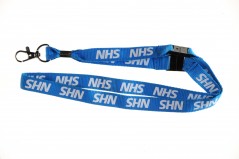Politics
the government of conflict
Much has changed over recent decades, with equality now enshrined within the Good Friday Agreement. However, the continued existence of Northern Ireland, which for many is a source of pride, is divisive and irrelevant for many others. Somewhere between these two seemingly irreconcilable stances, lie the daily lives of millions of people who have managed the joys, sorrows, triumphs and disasters of life over the course of a century. For many, then as now, politics did not define their identities. They got on with their lives with the humour, courage and empathy that is the best of all our characters. Perhaps, if anything, this is what we should celebrate together.
Change is constant
The last hundred years have seen waves of tension and sectarianism but also times when divisions have been less raw and seen communities with fundamentally different beliefs co-exist relatively peacefully. As always, our destiny is to some extent at the mercy of policy-makers in london, dublin and, more recently, brussels. As unexpected forces such as brexit and covid-19 push society in new directions, how will our future be shaped?
History has consequences
Since the late 1960s the language around the political divisions in northern ireland has been characterised by words such as oppression, imperialism, terrorism, freedom and security. It is this language that is used to justify acts of violence on all sides. Is the brutal reality of death and destruction ever truly explained aw
 Tap on the items below to find out more
Tap on the items below to find out more
How does it feel?
Collecting the memorabilia of political and religious conflict means that we can see the symbols and language that helped drive it forward over the years. Does their impact change with time or are we still hard-wired to react instinctively and emotionally to images such as the tricolour, the red hand, carson and pearse?
The problem with divided loyalties
The unionist government felt entitled to use whatever measures it could to defend the new state of northern ireland and maintain the balance of power in their favour. Just as it was the aim of republicans to dismantle the state, it was the aim of unionists to defend it, a clash of hopes and fears that continues to this day. The legacy of the last 100 years and especially the trauma of the most recent `troubles’, has left both `majority’ communities with a keen sense of injustice and injury.
 Tap on the items below to find out more
Tap on the items below to find out more
the economy
The politics of goods and trade
The economics of borders
Politics and economics are inextricably linked. Wherever a new political landscape emerges, the people affected still need to make a living and adapt to enable that. Partition had a profound effect on economic activity on both sides of the border and both states have adapted in their own ways to the initial upheaval and ongoing economic challenges.
Trading places
In the years after the good friday agreement, northern ireland has grasped many economic opportunities in sectors such as tourism and television. Membership of the eu and the peace process helped create a context in which the physical border all but disappeared. For a while, brexit made its reinstatement seem possible. However, the agreement between the eu and britain means that the traditional 310-mile land border remains invisible, whilst a new trade border in the irish sea emerges as a new source of tension.
 Tap on the items below to find out more
Tap on the items below to find out more
Culture
The art of living together
You play the hand you’re dealt
Political and social turmoil is never the whole story of what happens in any country. As the legacy of partition played out in northern ireland, artists and writers reflected on the state of affairs in their own way. Sometimes these works have a political theme and sometimes they don’t. However, the arts seem to find a way to flourish in any circumstances and although issues of identity may remain embedded therein, the best work will break free from the constrictions of narrow cultural definitions. Heaney’s passport may have been green, but his voice and vision were universal and his politics subject to his extreme humanity.
 Tap on the items below to find out more
Tap on the items below to find out more
Dreams of diversity
While many nationalists looked towards all-island bodies such as the gaa to assert their identity, cultural institutions in northern ireland such as the bbc sought to construct an ulster identity. Nevertheless, some important protestant and unionist institutions such as the orange order, church of ireland and presbyterian church in ireland remained un-partitioned. As did some sporting bodies, such as the irish rugby football union. In recent times, many individuals and communities have been inspired to build new political, social, economic and cultural lives. Sometimes it’s in response to a troubled and divided past and sometimes it’s reacting to issues that have nothing to do with established political identities. Will things change for the better with new generations?
 Tap on the items below to find out more
Tap on the items below to find out more
Society
The voice of our communities
This generation
Marriage equality, gender identity, pro-choice versus pro- life, the climate crisis and social justice are massive issues for a new generation of teenagers and young adults in northern ireland. Are these likely to replace the orange/ green divide or just add another layer of complexity?
The best way to learn?
The northern ireland education system is a direct legacy of the political upheavals of the 1920s when the opportunity for non-denominational education was within reach. Now, the rise of integrated schooling, doubts about academic selection and concerns about segregation are challenging the system.
 Tap on the items below to find out more
Tap on the items below to find out more
Good health
The health and social care (hsc) system is a free public health service available in northern ireland, providing both health and social care. The system was created by the parliament of northern ireland in 1948 after the beveridge report recommended the creation of a national health service (nhs) in the uk in 1942. It is an irony that some remarkable advances in medical care occurred at the royal victoria hospital because of the shocking injuries sustained during the troubles. Doctors and nurses are famously colour blind when it comes to the political loyalties of their patients. Our health service is always there when we most need it – particularly in pandemic times. Is this something we can all be proud of?
 Tap on the items below to find out more
Tap on the items below to find out more
